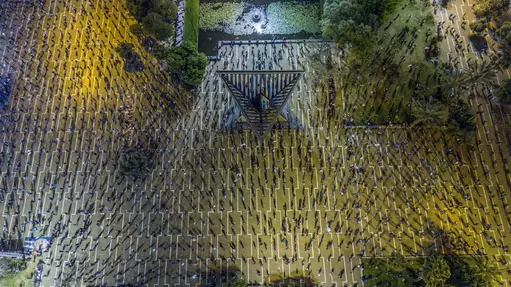
We initiate this focus as the Netherlands, along with a significant part of the global community, begins to emerge from Covid-19 closures and as institutions are busy attempting to return to an awkwardly modulated version of “normal.” Yet the role of art and its institutions, as we understand it at BAK, basis voor actuele kunst is to continually envision and embody ways of being together otherwise.
In this context, how do we “radicalize the local,” as artist Jeanne van Heeswijk puts it, while navigating the trappings of identity politics and the dangers of re-localization as a mechanism of hard-right politics? How do we rework the “international” and “global” into forms of connection that rely on neither the nation-state nor global neoliberal production, but rather on a nodal basis of specific local concerns within a network of global solidarities? This focus of Prospections, titled “How to Assemble Now“, unfolds within the orientation points of togetherness, locality, and community, in order to seek new adaptive strategies toward living in social and ecological justice.
“How to Assemble Now” builds on multiple research strands and programs at BAK, especially Propositions #2: Assemblism (2017). Co-convened with artist Jonas Staal, Assemblism addressed “the rise of the new authoritarian world order, and the millions of bodies that have gathered in resistance in liberated autonomous zones, occupied buildings, city squares, prisons, and cultural spaces to collectively enact a different demand for egalitarian society.” In a world currently struggling through multiple emergencies—and, in particular, as the pandemic intersects with popular uprisings against anti-Black violence—it is of critical importance to re-center these conversations.
The question “How to assemble now?” thus goes beyond the purported opposition between physical distancing and the necessity to mobilize, instead asking how we might, in the words of Black Panther Party cofounder Bobby Seale, “seize the time” and participate in the struggles of this moment—without utopian illusions, but without hesitation either.
– Maria Hlavajova, Rachael Rakes and the BAK team, 8.07.2020
Related
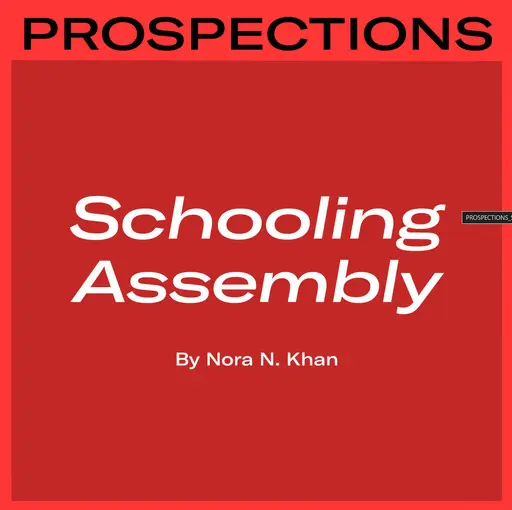
“Schooling Assembly” by Nora N. Khan traverses a year of pandemic teaching, in which faculty and students have witnessed widening cracks in the university system and its human opportunity cost calculations, and have faced new challenges in asserting creative and collective autonomies.
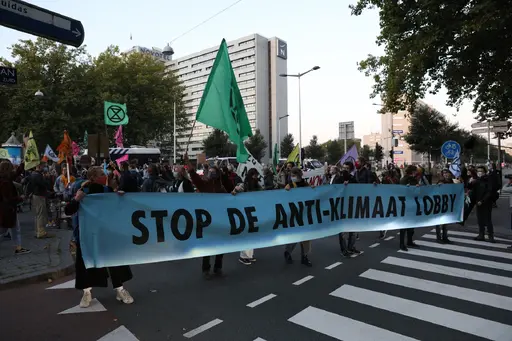
Extinction Rebellion (XR) entered the spotlight in late 2018 with a call for mass disruptions, followed by a first wave of actions which saw thousands come together to block major bridges in London.
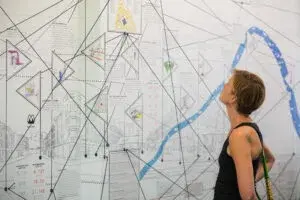
This diagram by artist Jeanne van Heeswijk depicts the story of Freehouse Radicalizing the Local, a project focusing on the struggle for the right to live well in the Afrikaanderwijk neighborhood of Rotterdam.
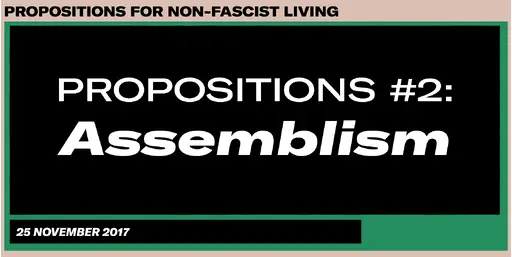
The gathering Third Assembly: After the Assembly took place as part of the daylong program Propositions #2: Assemblism, convened by BAK and artist Jonas Staal on 27 November 2017.
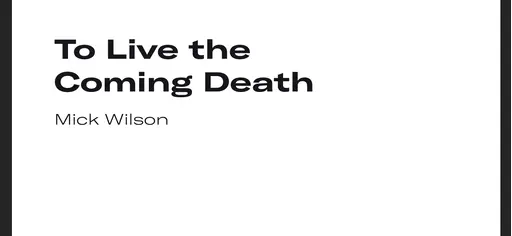
From: Propositions for Non-Fascist Living: Tentative and Urgent, Maria Hlavajova and Wietske Maas, eds. (Utrecht: BAK, basis voor actuele kunst and Cambridge, MA: MIT Press, 2019), pp. 165-179
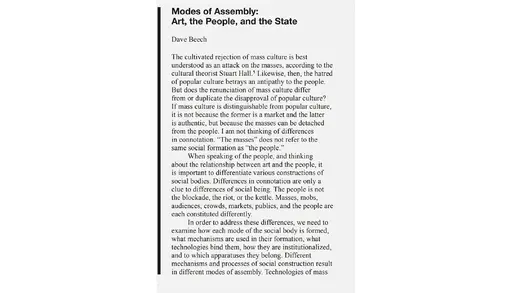
From: FORMER WEST: Art and the Contemporary After 1989, Maria Hlavajova and Simon Sheikh, eds. (Utrecht: BAK, basis voor actuele kunst and Cambridge, MA: MIT Press, 2016), pp. 559-569
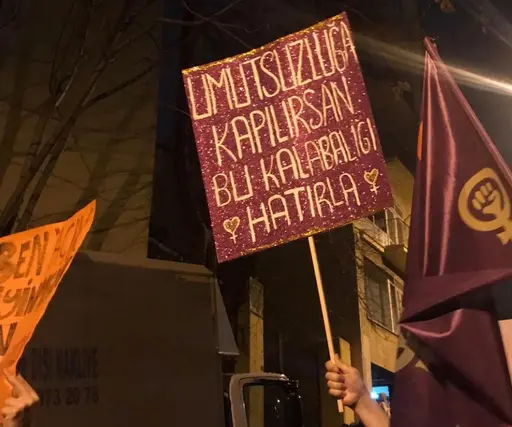
"We were in the streets for the Feminist Night March on 8 March, exactly three days before the first Covid-19 case was officially declared in Turkey..." Read the translation of an essay originally published in Turkish on 1+1 Forum, 30.04.2020.